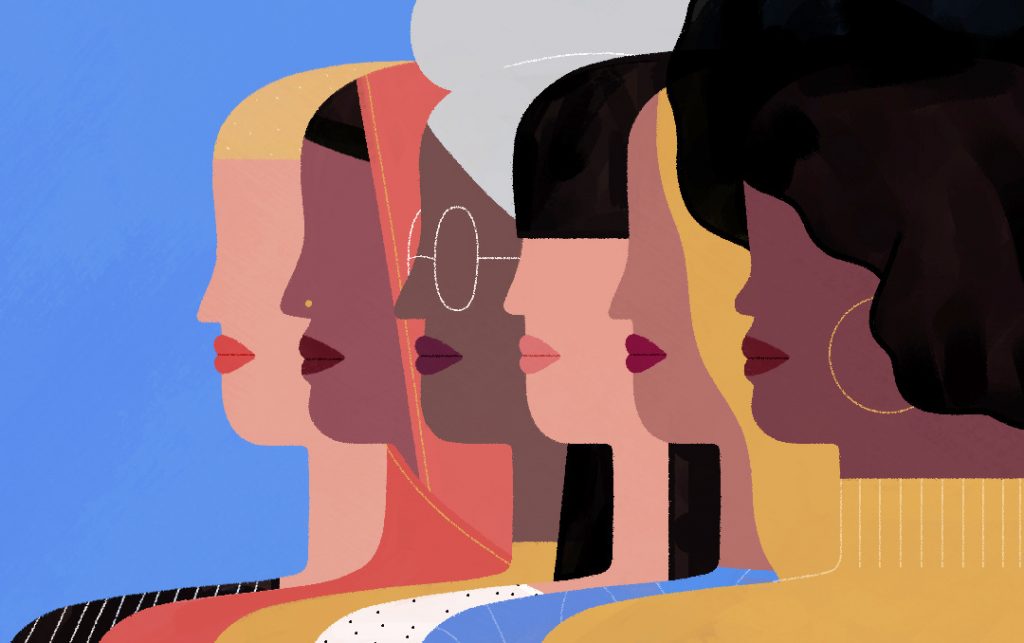
During our last SETI after work event, I could literally feel the empowering energy of a networking group for women. I was thrilled with the knowledge, experiences and inspiring stories, the speakers presented. It was not only a safe space to share challenges but also a conducive setting to share perspectives and provide solutions. The experience was truly refreshing.
When I talk about the SETI initiative to some acquaintances, some just not seem to see the point of organizing networking events for women only. They genuinely say that professionals, business people male or female alike face the same trials. I do generally tell them that unlike common assumptions,women have the tendency to overlook the potential of their personal and professional networks when men effectively use them to get ahead. Far be it from me to entertain endless discussions. I just leave it there…
Still, for the sake of my ladies out there, I feel the need to share some interesting points raised by an article from Fast Company (by Kirsten Hicks), on why it is valuable for us to join professional networking women groups.
1. Why so many women are seeking women’s networking groups
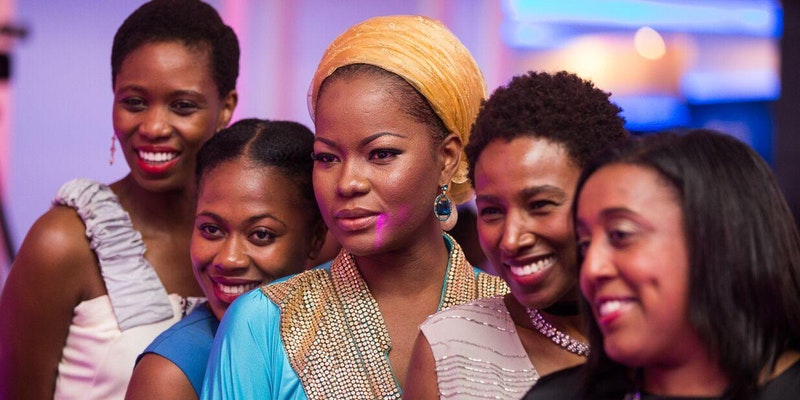
You don’t have to be in the professional world long to see the link between relationships and opportunities. For any gender, networking is a crucial part of building one’s career and getting your foot in the door. But a study of recent business school graduates by Proceedings of the Natural Academy of Sciences found that where men benefit most from building broad networks, the most successful women have both a broad network and a smaller inner network of women that they’re close with.
What the study shows is that women who focus on making a lot of professional contacts may not necessarily receive the same benefits that men get from doing so. They need to supplement that with closer connections with other women they trust. The study’s authors speculate that these inner networks help not just with finding opportunities, but also by exchanging advice specific to the unique challenges women face.
That speculation matches my experience and that of other women I’ve talked to. Women are drawn to professional groups that center women because they offer something we don’t get in ‘typical’ professional networking spaces.
2. In room of mostly women, vulnerability is possible
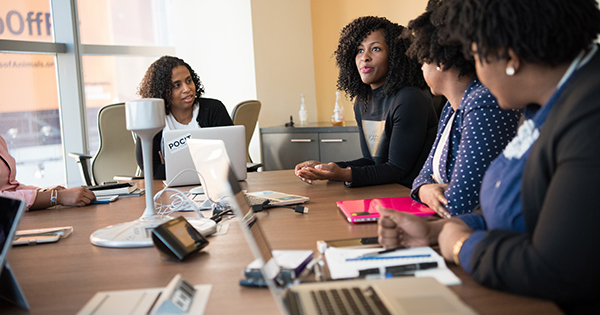
For many people, networking usually feels like work. You have to sell an idea of yourself to a room of strangers. In my experience, women-centric networking events tend to have a different vibe—one that’s more about supporting each other than having to play the role of “professional.”
Jenny Magic, president of Women Communicators of Austin (WCA), says that this kind of set up can facilitate “a different kind of safe space.” This is especially important for any woman dealing with issues of sexism and sexual harassment in their jobs. Not only is it intimidating and uncomfortable to share these kinds of experiences in a mixed-gender group—speaking up can also have negative consequences for one’s career. Alaina Shearer, founder of Together Digital, says that the group started for that exact reason. “I wanted to tell my story. And my story is very personal and hard to tell . . . I couldn’t have done that if men were in the room,” she explains.
3. Having something in common leads to faster connections

People have limited space in the calendar for career development, and making genuine connections with other professionals takes time. With professional groups focused on women, “you can fast-forward to connection because a lot of the challenges are universal to that group,” Magic says.
That also speaks to the appeal of the many professional groups for women that focus on other forms of marginalization. Groups like Future for Us, Black Career Women’s Network, and many others help connect women who face a unique set of challenges in the business world beyond those experienced by women in general.
When you come into a room knowing you share a similar set of past experiences and challenges to everyone in it, getting to know each other becomes much easier. As a result, you are in a better position to help each other navigate tricky territories you know too well.
4. Giving back is often a central theme in women’s networking
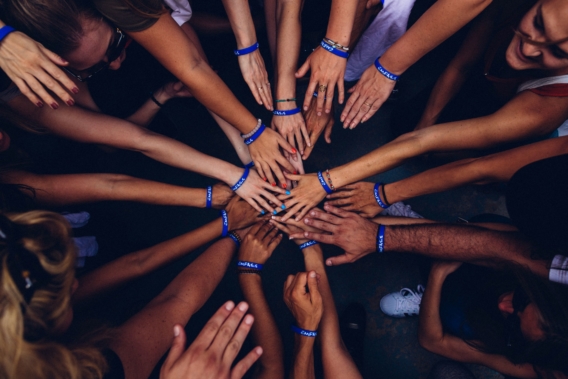
While many standard networking events center on selling yourself (or an idea of yourself), women’s groups put more of an emphasis on how to support others. “Typically, networking events are very unemotional, and you leave almost feeling drained—just ‘I came, and everyone just wanted something from me,’” says Shearer. “It’s very different in our group in that you come, and everybody is there to give and ask.”
Part of the reasoning behind the organization’s emphasis on the ask-and-give is that many women are often reluctant to ask for help and generally find it much easier to support others. By building both of those components into the intentionality of the group, members get more comfortable speaking up about what they need, while also getting more opportunities to help others.
5. Work life-balance is not just respected but encouraged
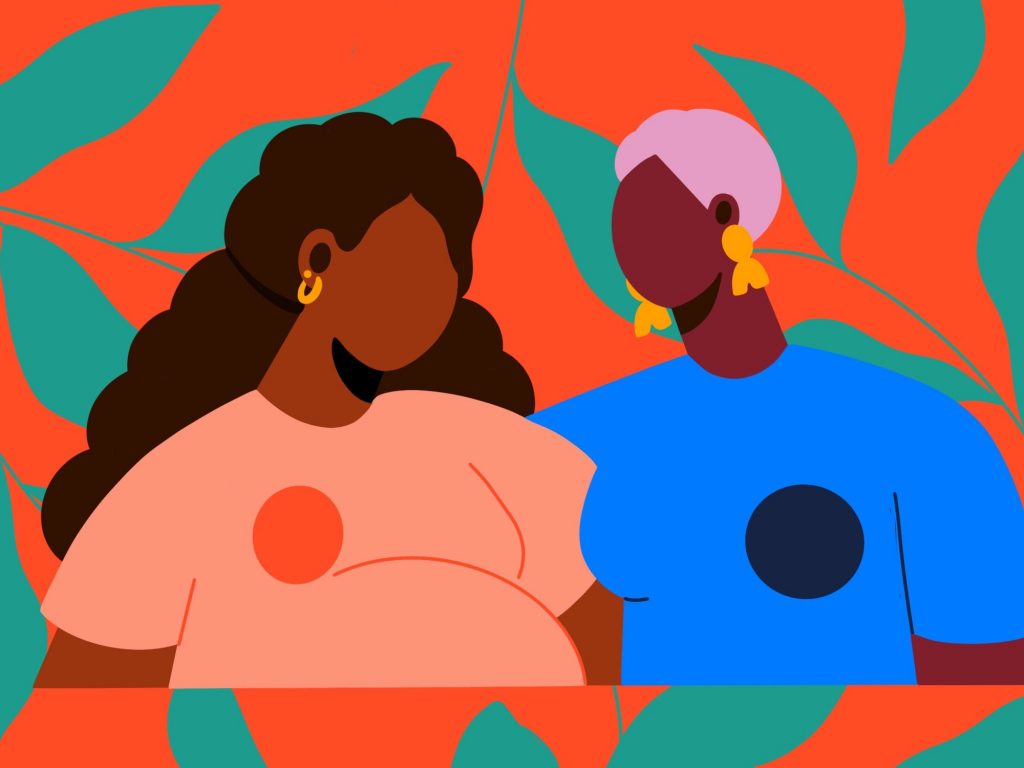
For women with kids, childcare duties can make doing any networking harder—unless an event welcomes children. Not all events put on by women’s professional organizations are kid-friendly, but some, notably, are. Some groups, like Heymama, make that a defining feature of the community.
After all, research shows that women still disproportionately shoulder family care giving duties. Women are 40% more likely than men to say that childcare responsibilities have negatively impacted their professional progress, according to a 2018 survey by think tank Center of American Progress. Groups made up of other women who understand the challenges of raising kids or caring for aging parents while also managing a career are better at accommodating those needs.
6. Exclusivity isn’t the point

Of course, women-centric groups have attracted their share of criticism. Some point out that it does little to advance women’s professional standing, considering that men still primarily hold most of the power in the business world. Others argue that it reinforces exclusivity.
But having groups focused on women isn’t about excluding those who identify as another gender. Magic, for example, insists on the value of also participating in mixed-gender networking events. WCA welcomes people of all genders into the membership, while making clear its primary focus will be on women.
Says Shearer, “It’s very important that groups that are disenfranchised have time to meet alone to recollect our thoughts, and our energies, to go back out into the world that really does not give us equal standing.”
And you, what is your opinion on women networking group?
Leave a Reply